Section: Media
There are more than 200 results, only the first 200 are displayed here.
-
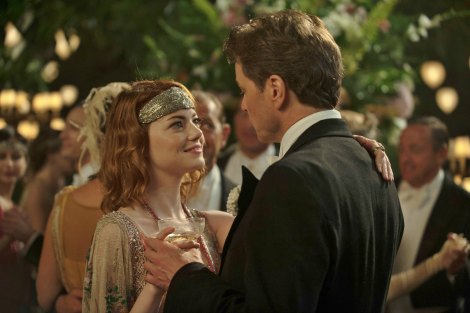
MEDIA
- Megan Graham
- 28 August 2014
3 Comments
While we are all afraid of the unknown, complete certainty and predictability do not make for a vibrant life. Magic in the Moonlight is a film about the lens through which one chooses to see the world. Cynicism or wonder? Mayhem or magic? It poses the question: Which way brings more joy?
READ MORE 
-
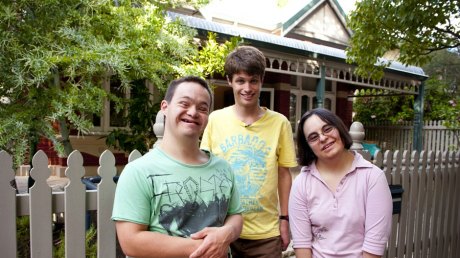
MEDIA
- Andrea McQueen
- 27 August 2014
10 Comments
In recent years, people with disabilities have been coming out of institutions. They are in our streets, our shops and our schools, but not on TV. We need programs like the ABC's Dreamhouse to prompt conversation about what kinds of lives are possible for people with disabilities, and how we can best use our tax money to make dreams come true.
READ MORE 
-
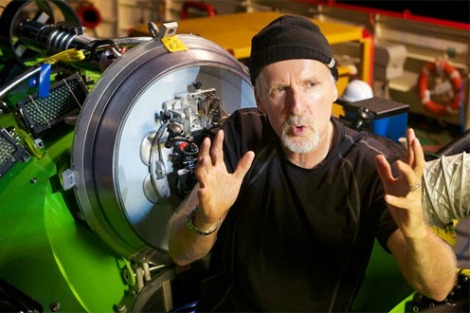
MEDIA
- Megan Graham
- 21 August 2014
2 Comments
In Deepsea Challenge, James Cameron admits that, having desired it since he was a kid, his film Titanic was basically the excuse he needed to explore the depths of the ocean. The documentary feels like Cameron meets 'Make A Wish Foundation' with the audience acting as the benevolent donors.
READ MORE 
-
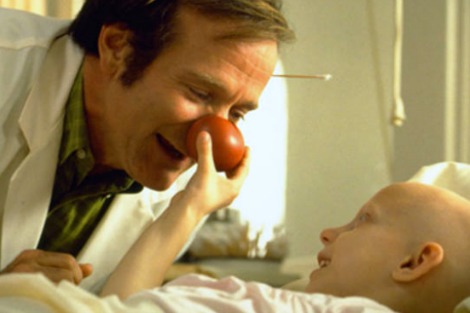
MEDIA
- Megan Graham
- 14 August 2014
16 Comments
As human beings we do all kinds of things to avoid suffering. Drink, drugs, hobbies, television, retail therapy. The list is endless. It is our job to survive and avoid suffering: to huddle around our loved ones, to live and thrive and not let the shit of life get us down. For Robin Williams, it seems avoiding suffering was a very hard task.
READ MORE 
-

MEDIA
- Catherine Marshall
- 25 July 2014
8 Comments
There's something satisfying about subverting society's idea of what constitutes beautiful: female-led campaigns that flood the media with images of representative faces and bodies reinforce the absurdity of current 'beauty' standards. But this isn't really liberating. No longer is it only the physically exquisite who can pose naked; the plain and the imperfect must be welcomed, too, into the sacred circle of female objectification.
READ MORE 
-

MEDIA
Jesuit Publications was a robust workplace, with characters enough to fill a Trollope novel. Geraldine was one of the characters, but she was also an essential ingredient in the glue that kept us together. One morning she arrived, a little overheated from the long tram ride in, and checked herself in one of the mirrored pillars. I heard the shriek from upstairs. 'I've come all the way to work, in the tram, in my black petticoat. I forgot to put on my skirt!'
READ MORE 
-
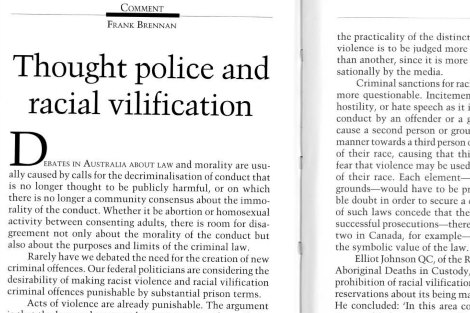
MEDIA
- Frank Brennan
- 11 April 2014
5 Comments
In 1994, a year before the Parliament enacted the present section 18C of the Racial Discrimination Act, I wrote in Eureka Street: 'At this time, in this part of the world, thought-police armed with criminal sanctions are not the answer' to racial discrimination. Senator Brandis has now circulated a proposal to amend the existing provisions. What he has produced is the racial hatred law you have when you don't want a racial hatred law.
READ MORE 
-
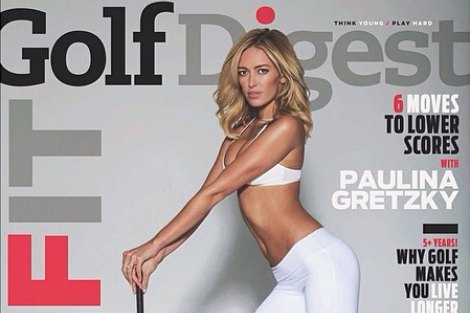
MEDIA
- Catherine Marshall
- 10 April 2014
7 Comments
I got into an argument on Twitter yesterday about Golf Digest's use of a model on its cover rather than a female professional golfer. My opponent assured me that a 'gorgeous girl who modelled for a magazine is no harm' and that it must be 'miserable' to be opposed to every magazine that presented women this way. It is miserable. For most women, objectification is so commonplace that they have learned to live with it as one would a disability.
READ MORE 
-

MEDIA
Malcolm Turnbull is unusual among Australian politicians in having a keen regard for the role of journalism in a democracy. That makes his blithe disregard of the prospect of handing Rupert Murdoch even greater influence over Australian politics all the more puzzling. It is unsurprising that some observers see the foreshadowed change to media ownership laws as a pay-off for News Corp's support of the Coalition in the 2013 election.
READ MORE 
-

MEDIA
- Tim Kroenert
- 24 March 2014
5 Comments
There is little doubt that it is too soon and the story too tragic to be the butt of jokes. But the fact that such responses exist speaks to the ways in which this story has permeated the public imagination in unhealthy ways. The engagement is frequently marked by genuine concern, but also contains a deeply voyeuristic fascination that is divorced from the humanity of these events. People love a mystery, and an unhappy ending even more.
READ MORE 
-

MEDIA
- Ellena Savage
- 21 March 2014
13 Comments
Andrew Bolt's response to Q&A's airing of accusations of racism was surprising. While no human is immune to emotional distress, it seems excessive for a man whose career has taken him to the edge of defamation laws to publicly wither under his opponents' attacks. This matter brings to light the discord between Australian conservatives' rhetoric about liberty and free speech, and the reality their policies and opinions impose.
READ MORE 
-

MEDIA
- Michael Mullins
- 10 February 2014
7 Comments
The ANZ Bank faces a huge payout after a class action by its customers secured a partial but significant victory against the bank's unfair and illegal credit card late payment fees. This is happening because we have laws to protect consumers. The Federal Government is well advanced in its efforts to wind back existing and planned laws that protect consumers, as they are considered red tape that places an unnecessary burden on business.
READ MORE 